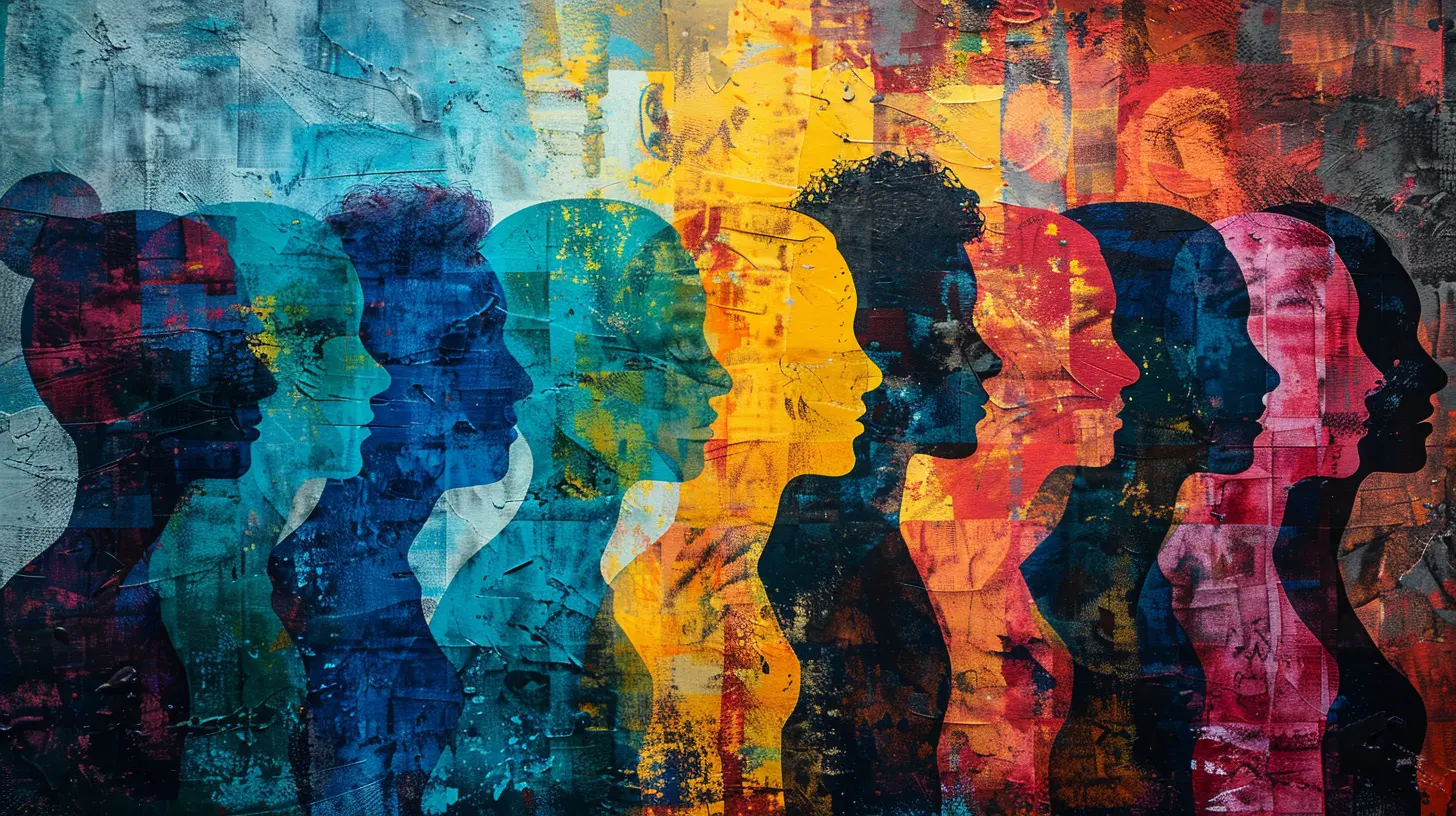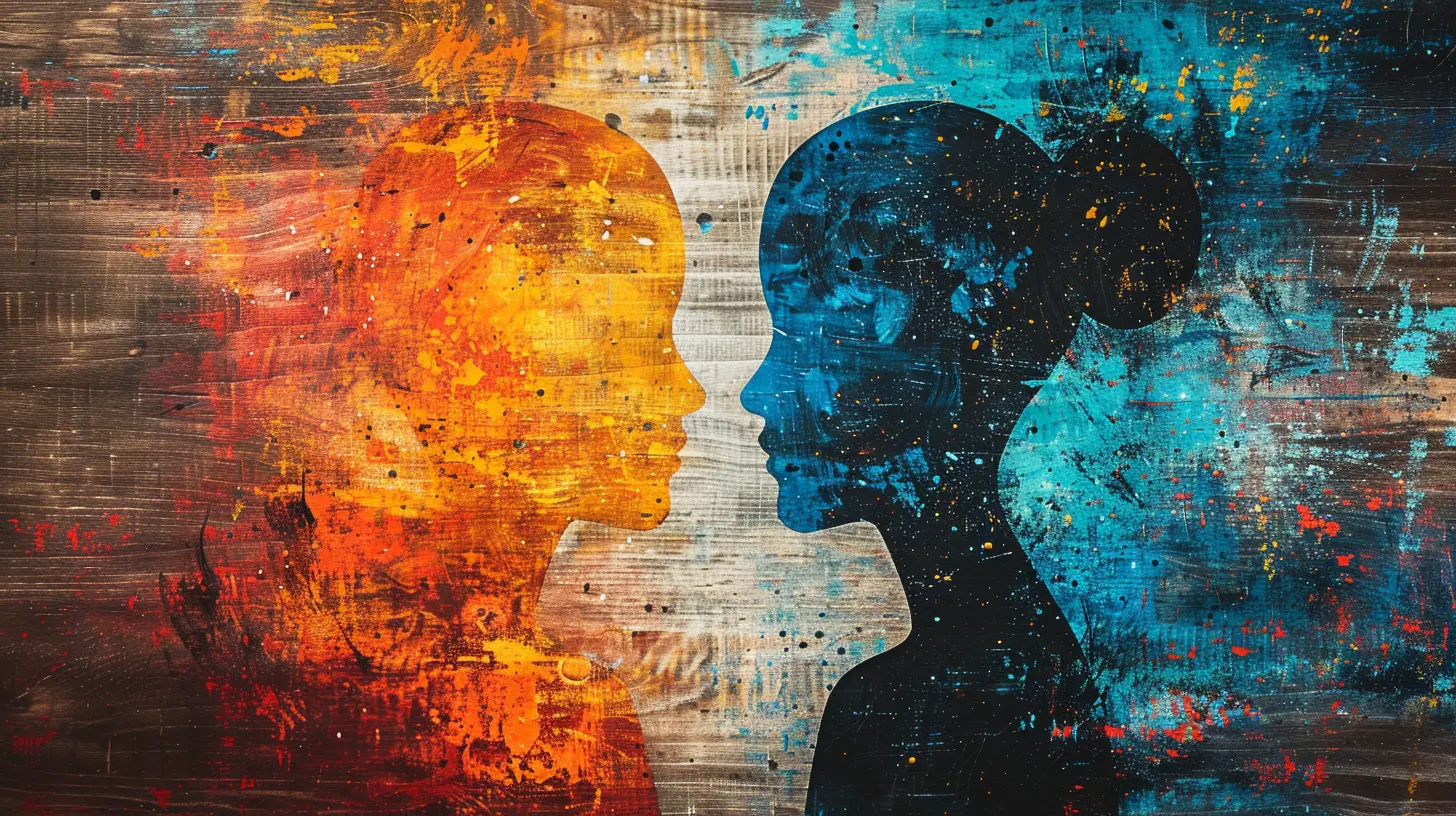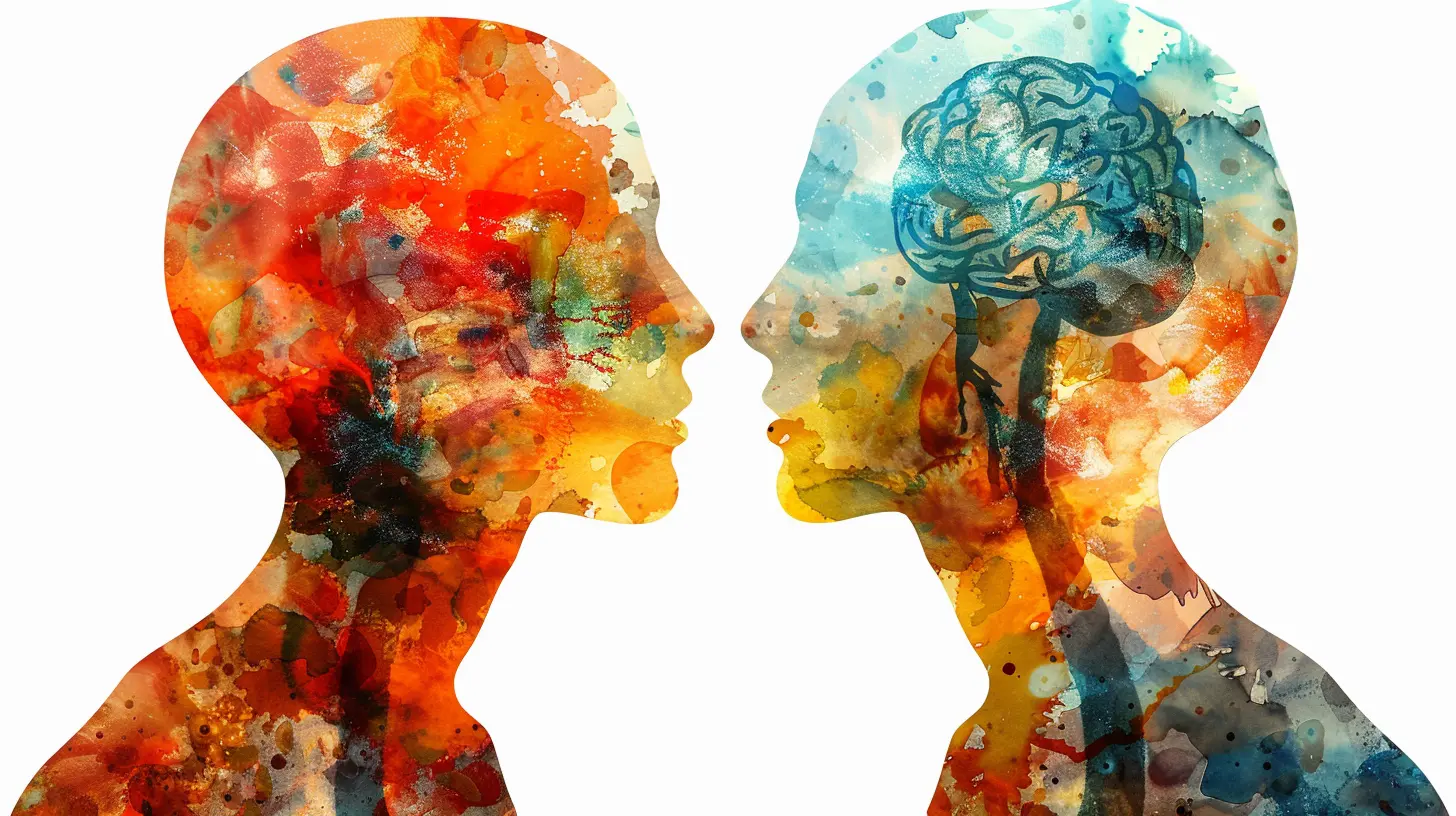The Importance of Cultural Competency in Clinical Psychology
16 July 2025
Imagine going to therapy and feeling like your therapist just doesn’t get you—not because they're not skilled, but because they don’t understand your cultural background, your unique values, or your personal lens on the world. That disconnect? It’s more common than we’d like to admit. And that’s exactly why cultural competency in clinical psychology is not just a buzzword—it’s a necessity.
Let’s dig deep into what cultural competency really means in the world of mental health and why it’s an absolute game-changer for clients and clinicians alike.
What Is Cultural Competency in Clinical Psychology?
At its core, cultural competency is the ability of mental health professionals to understand, respect, and effectively interact with people from diverse backgrounds. It goes beyond simply knowing where someone comes from. It’s about recognizing how cultural identities—race, gender, religion, nationality, socioeconomic status, sexual orientation, and even generational values—shape a person’s experiences and perspectives.Think of it like this: if a therapist is a GPS system, cultural competency is the satellite signal. Without it, the guidance may be totally off, leading clients in the wrong direction.
Why It Matters More Than Ever
Our world is more connected and multicultural than ever. People are crossing borders, blending cultures, and forming identities that don’t fit into neat little boxes. In clinical psychology, that means therapists are encountering clients with incredibly diverse stories—and one-size-fits-all therapy just doesn’t cut it anymore.Here are a few reasons why cultural competency is absolutely essential:
1. Building Trust and Rapport with Clients
Therapy is grounded in trust. But how can you trust someone who doesn’t seem to understand where you’re coming from?When therapists are culturally competent, they reduce the risk of making assumptions or committing microaggressions. That helps clients feel seen, heard, and validated. And let’s be honest—without that foundational trust, therapy won’t go very far.
2. Improving Diagnosis and Treatment
Mental health doesn’t look the same across cultures. For example, in some communities, depression might present more as physical symptoms than emotional ones. In others, talking to ancestors or spirits isn’t a psychotic symptom—it’s a normal part of spiritual belief.If a therapist isn’t aware of these cultural nuances, misdiagnosis becomes a real risk. And once that happens, let’s just say the therapy train is heading down the wrong track.
3. Encouraging Diverse Populations to Seek Help
There’s already a stigma around mental health in many cultures. Combine that with the fear of not being understood or respected, and you've got a recipe for avoidance.Culturally competent therapists help create safe spaces where clients from all backgrounds feel welcomed. That kind of inclusivity can be the first step toward healing for someone who’s been holding in their trauma for way too long.
Key Components of Cultural Competency
So, what does it actually take to be a culturally competent therapist? It’s not like there’s a single switch you flip. It’s a journey, filled with self-awareness, learning, and honest conversations.Here’s what that journey looks like:
1. Self-Awareness
Cultural competency starts at home. Therapists need to understand their own cultural backgrounds, biases, and blind spots. We all view the world through our own lens—but knowing you’re wearing glasses is the first step in adjusting the way you see others.Ask yourself:
- What beliefs or stereotypes have I unconsciously held?
- How might my background affect how I perceive others?
That self-reflection isn’t always comfortable, but it’s where growth happens.
2. Cultural Knowledge
This is about actively learning—through research, conversations, trainings—about different cultures. But beware: this isn’t about memorizing facts like you're cramming for a cultural studies final.It’s more about understanding how beliefs, customs, and experiences impact mental health. For example:
- How does a collectivist mindset affect family dynamics?
- What does emotional expression (or suppression) look like in certain cultures?
Being curious and open-minded goes a long way here.
3. Cultural Skills
Knowing is one thing. But being able to apply that knowledge in therapy? That’s where the rubber meets the road.Culturally skilled therapists know how to adapt techniques and communicate in ways that align with the client’s worldview. That might mean incorporating spiritual beliefs into therapy or simply choosing language that resonates better.
4. Advocacy and Allyship
Being culturally competent also means standing up for equity in access to mental health resources. It means challenging systemic barriers and fighting for those whose voices often go unheard. Think beyond the therapy room—this is where therapists can become powerful agents of change.
Common Pitfalls and How to Avoid Them
Even therapists with the best intentions can stumble. And that’s okay—what matters is recognizing those stumbles and learning from them.Here are a few cultural competency missteps to watch out for:
Overgeneralizing
It’s easy to fall into the trap of thinking, “Oh, you’re from X culture, so you must think Y.” But cultural identity is incredibly nuanced. Two people from the same ethnicity might have completely different beliefs.Tip: Ask, don’t assume. Let the client tell you what matters to them.
Tokenism
Taking one course on cultural sensitivity doesn’t make you an expert. Real cultural competency requires consistent learning and humility.Tip: Keep expanding your knowledge through deeper engagement, not just check-the-box diversity training.
Ignoring Intersectionality
Remember, people are multi-layered. For example, a Black LGBTQ+ woman might face completely different challenges than a white heterosexual man from the same neighborhood.Tip: Always consider how various parts of someone’s identity interact to shape their experiences.
The Client’s Perspective: Feeling Seen and Safe
Let’s flip the script for a second and stand in the client’s shoes. Imagine being told by your community that therapy is only “for crazy people.” Now imagine that when you finally decide to go, your therapist doesn’t understand your cultural background or misinterprets your core values.That kind of disconnect can make clients feel even more isolated—or worse, re-traumatized.
On the other hand, a culturally competent therapist can be a lifeline. When clients feel like their therapist gets them, it’s like exhaling after holding your breath underwater for too long. That feeling of being seen? It can work wonders for therapy outcomes.
How Cultural Competency Enhances Therapy Outcomes
The benefits of cultural competency aren’t just theoretical—they’re backed by research. Studies have shown that culturally responsive therapy leads to:- Higher client satisfaction
- Lower dropout rates
- Better treatment adherence
- Improved overall outcomes
It’s not rocket science. When therapy feels personalized and respectful, clients are more likely to stick with it—and more likely to heal.
Cultural Competency in Action: Real-Life Examples
Let’s bring this concept to life with a couple of fictional (but very real-sounding) examples:Case 1: Mei, a First-Generation Asian-American Student
Mei struggles with depression but hesitates to seek help because in her culture, talking about mental health is taboo. When she finally goes to therapy, the therapist understands the cultural shame around mental health and reassures Mei that it doesn’t make her weak. They incorporate her family values into setting achievable goals.The result? Mei begins to open up, feel less alone, and make steady progress.
Case 2: Jamal, a Black Man Dealing with Racial Trauma
Jamal comes into therapy with anger and anxiety stemming from racial profiling. A culturally competent therapist creates space for him to talk about systemic racism—not dismissing or minimizing it. Together, they explore coping strategies and build resilience.This approach doesn’t just address Jamal's symptoms—it validates his lived reality.
The Future of Cultural Competency in Psychology
The mental health world is changing. Teletherapy, global mobility, and increasing awareness around social justice are all shifting how we think about clinical care.Cultural competency isn’t a trend—it’s the future. Universities are adding it to their curriculums. Licensing boards are emphasizing it in continuing education. And clients are demanding it.
What does that mean for therapists? Keep learning. Stay humble. Be willing to evolve. Because when you commit to cultural competency, you’re not just being a better therapist—you’re being a better human.
Final Thoughts
At the end of the day, cultural competency is about connection. It’s about meeting people where they are, understanding their story, and walking beside them on their path to healing. And honestly? That’s what therapy should be all about.Whether you’re a clinician looking to improve your practice or simply a curious reader wanting to understand the importance of psychology in today’s world, remember this: cultural competency isn’t extra credit—it’s essential.
all images in this post were generated using AI tools
Category:
Clinical PsychologyAuthor:

Alexandra Butler
Discussion
rate this article
2 comments
Tempest McCollum
Cultural competency enhances therapeutic relationships, promotes understanding, and improves treatment outcomes in diverse clinical psychology settings.
November 9, 2025 at 3:35 AM

Alexandra Butler
Thank you for your insightful comment! I completely agree that cultural competency is essential for fostering effective therapeutic relationships and improving overall treatment outcomes in diverse settings.
Elizabeth Stone
Cultural competency is essential in clinical psychology as it fosters understanding and respect for diverse backgrounds. This enables psychologists to provide more effective care, improve patient outcomes, and promote inclusivity within the therapeutic relationship.
July 25, 2025 at 5:04 PM

Alexandra Butler
Thank you for highlighting the critical role of cultural competency in clinical psychology. It truly enhances the therapeutic relationship and improves patient care and outcomes.


